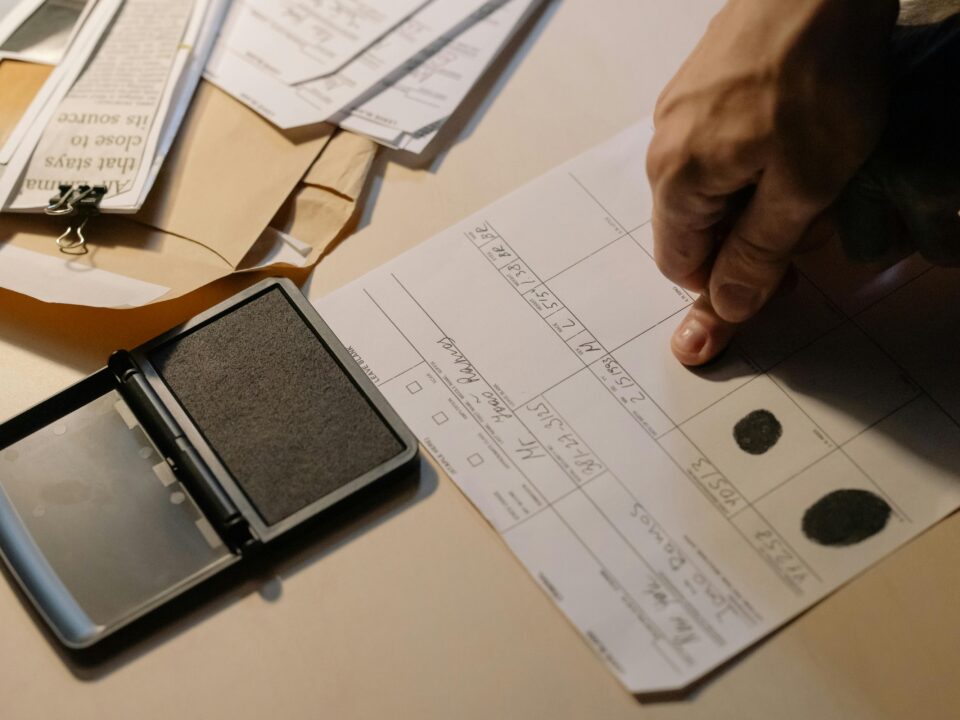
I Am an Executor/Administrator of an Estate—Now What?

President’s Column: Listen to be Heard
One of the most common misconceptions about estate planning that I run into is the belief that having a Will allows your estate to avoid probate. That is not the case. When an asset passes to others according to the terms of a Will, it has to go through the probate process. Think of your Will as the “program” that the court must follow in the probate process to determine who inherits your assets. Probate can be both a time-consuming and an expensive process. Probate is also a public process—anyone can go to the probate court and find out how much your probate estate was worth, what you owned, and how you divided it up between your loved ones and who you disinherited. In some states this is a simple process. However, in New Hampshire the probate process typically takes more than a year, requires the administrator to be bonded and many folks do not feel comfortable handling the court process themselves and must retain legal counsel to assist them in the probate administration process.
Some assets can avoid probate by operation of law. Those assets include annuities, life insurance, retirement accounts (such as 401(K)s and IRAs), jointly owned property, and accounts that have a beneficiary designation on them. The beneficiary designations of these assets determine who inherits them regardless of the terms of the Will. It is important to review the beneficiary designation forms for these types of assets. Courts have generally concluded that the owner’s intent and statements in the Will cannot change beneficiary designations – even if the beneficiary designations are old, outdated or inconsistent with other estate planning documents. These accounts will pass to whomever is the latest beneficiary designation; even if that is an ex-spouse or a child whom you do not wish to inherit those assets.
For those who really want to avoid probate, a trust-based estate plan is the superior estate planning tool. Trusts can accomplish many goals that a Will cannot. With a trust, your assets—all of them—can avoid probate. Your privacy can be maintained. A trust can also protect your assets from the creditors of your heirs and will allow you to hold assets for the benefit of minor children and those heirs who cannot handle the nature or amount of assets that will be inherited.




